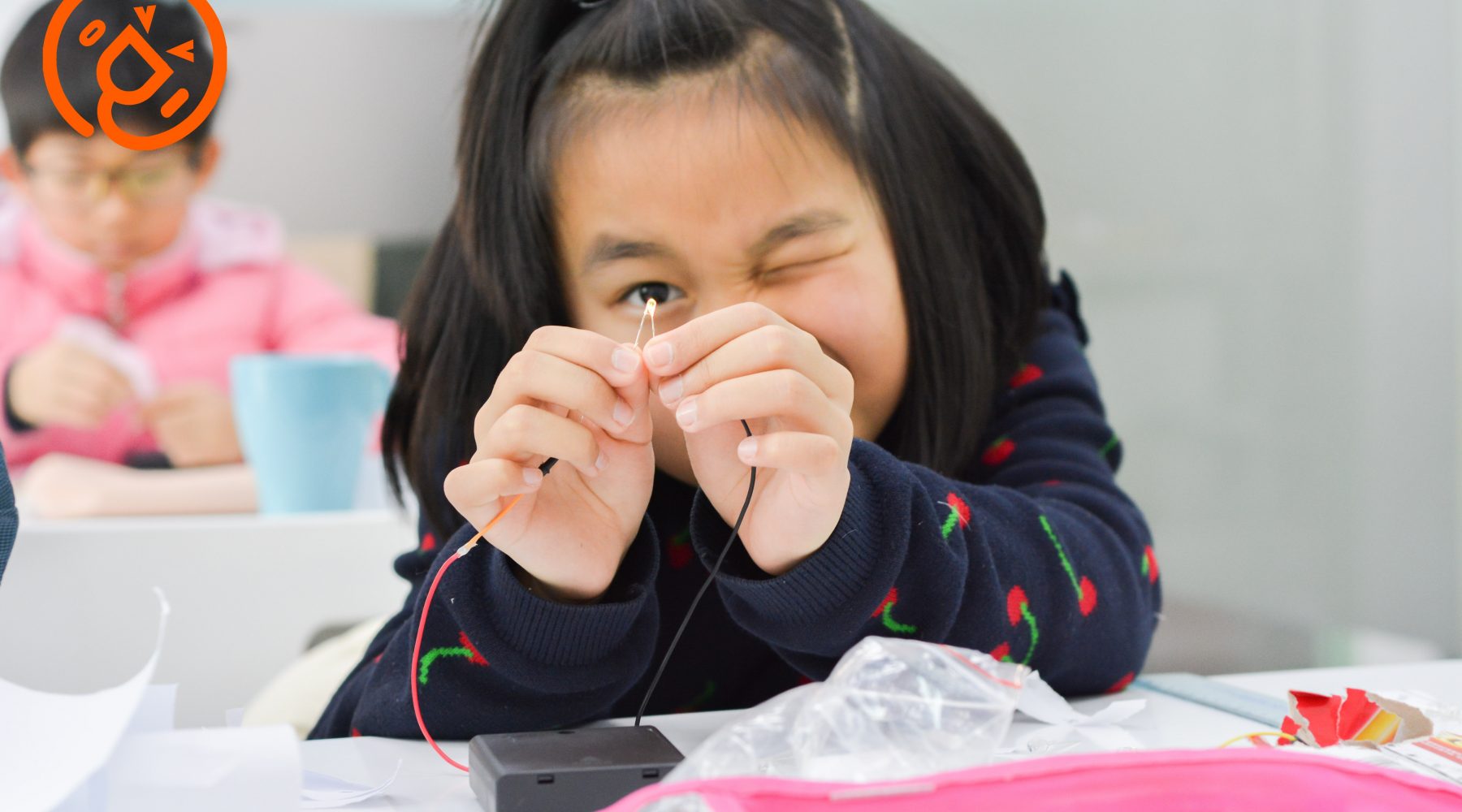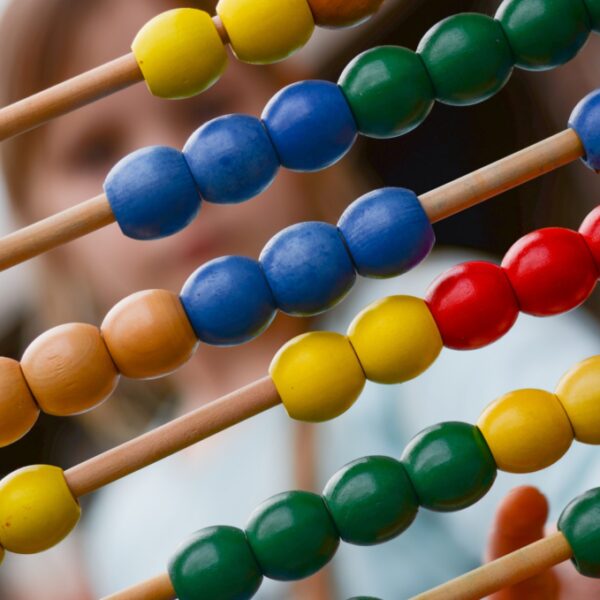It is vital for the advancement of science that there is an environment that helps women be engaged, she said in an interview on the sidelines of Foro Cilac, a science policy conference in Panama City, Panama, on 22 October. Hamburg, who was elected AAAS president in 2016, spoke to SciDev.Net about gender, science diplomacy and America’s role in fostering global collaboration.
It can be difficult in many countries for women to reach senior positions in science. What needs to change?
This is a discussion that we are deeply involved in and deeply committed to, because we have to make sure that science is inclusive. It benefits greatly from diversity of all kinds, and women have a lot of offer in the domain of science as well as so many other professional disciplines.
We have to make sure that there is an environment that fosters the engagement of girls, in terms of the early education in science, technology, engineering and maths drawing them to a career in science. And then we want to make sure that they don’t get lost along the way as they move from their early years of education into college and university, and then into their professional lives. This is a problem that we all have to work on together. All countries are facing this challenge in different ways, but it is one that really matters to the future.in terms of enabling all individuals to realise their full potential, but it really matters to the advancement of science and, frankly, to peace and prosperity around the world.
What would you say to a young woman wondering how to get to where you are today?
Role models really do matter. It is valuable to be able to look at someone and say: “Someday I could do that too”. So, it is a combination of having role models and pathways for people to move forward. Certainly, as I have advanced in my career – and I have been very fortunate in terms of the opportunities that I have had – I see that one of my responsibilities as a senior women in science is to reach out and do mentoring. I recognise that we have to be nurturing that next generation.
If done in the right way, science can have a huge impact across societies globally. The AAAS has been very active in science diplomacy. Where is this having an impact here in Latin America?
I think it has been very important here in terms of areas where there are shared concerns, but where there may not be the capacity and the levels of collaboration needed to address them. Turning to my own area of expertise, health: an example that I was directly involved in was threat of an emerging pandemic flu in Mexico. And it was really the fact that Mexico stepped right up to the plate and said: “We have this problem that raises a lot of concerns. We need to work with you, the United States, and with other countries in the region to mobilise as quickly as possible to understand the nature and scope of the problem that is potentially before us”. That enabled an appropriate and rapid response that matters when you have a pandemic threat.
Too often in the past there have been examples where countries have not come forward and where problems have festered and worsened, making response more difficult. So, I think the working relationships between science and public health experts served as the foundation for the rapid mobilisation of governments in a critical moment in time.
Video courtesy of UNESCO
How can science diplomacy help against Ebola?
It’s crucial, because Ebola is a very serious disease. It is a disease that can spread in devastating ways; not only can spread in terms of the actual health risk, but it also creates enormous instability, uncertainty and fear. That can spread very quickly far beyond the actual dimensions of the disease threat itself. And so, again, this collaboration between both scientists to scientist and government to government is crucial.
Openness, trust, sharing of information and accepting the potential downsides of openness because you are confident that you are going to get collaboration with other countries as a result and not being treated like a pariah are absolutely essential. In fact, those kinds of disease risks have huge impacts that go beyond the health impact – the destabilisation of countries, the diminishment of trust and confidence in government, and the impact on economies. Every nation benefits in that kind of a setting by opening up and being collaborative. But, it doesn’t just happen out of nowhere and the building of relationships and the development of this kind of scientific diplomacy foundations is key.
What role does the AAAS play in this?
The AAAS, as the largest scientific membership organisation in the world, cuts across disciplines of science sectors and boundaries. Even though it is the American Association for the Advancement of Science, in fact is an international organisation with an international membership. It really creates a venue for people to come together to talk about and address important issues that are shared.
The AAAS also can provide critical leadership. It is a trusted voice, a source of information and evidence that needs to be brought to bear on the most important problems before us, all of our individual nations, but us a global community as well.
This interview has been edited for brevity and clarity.
















